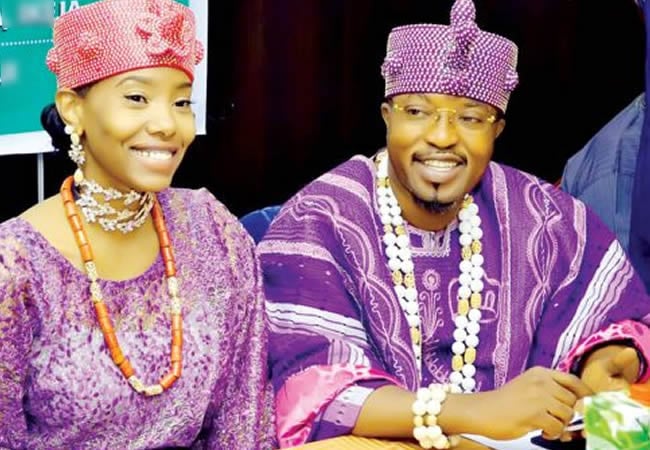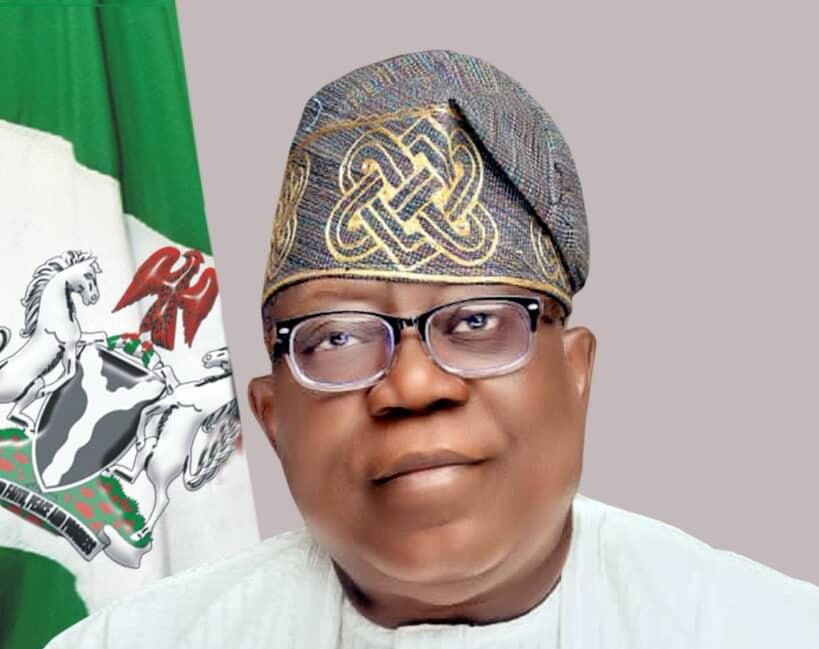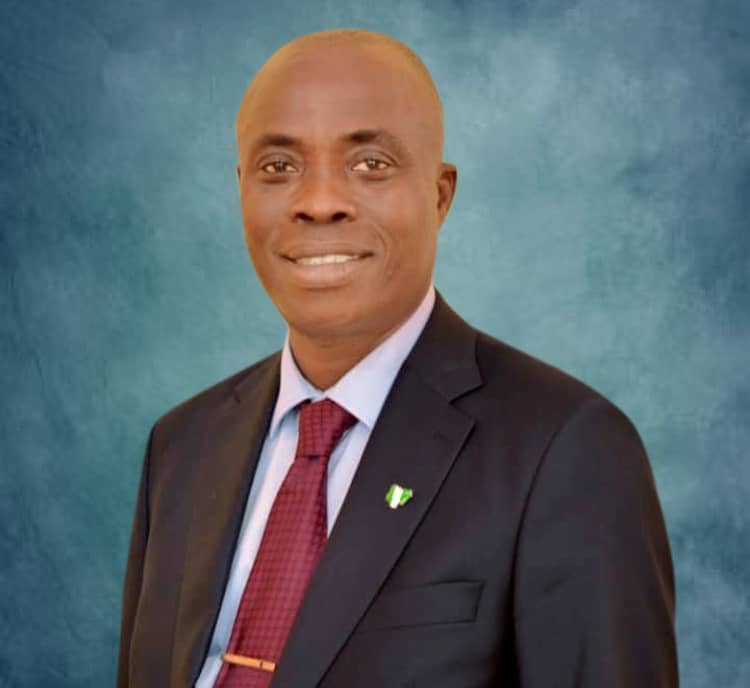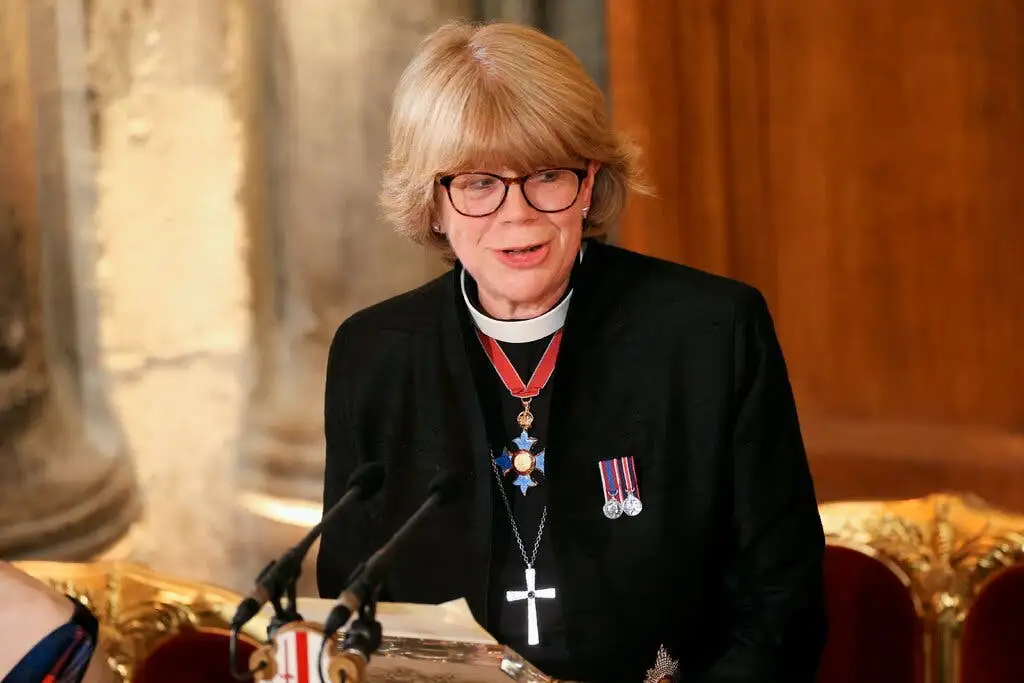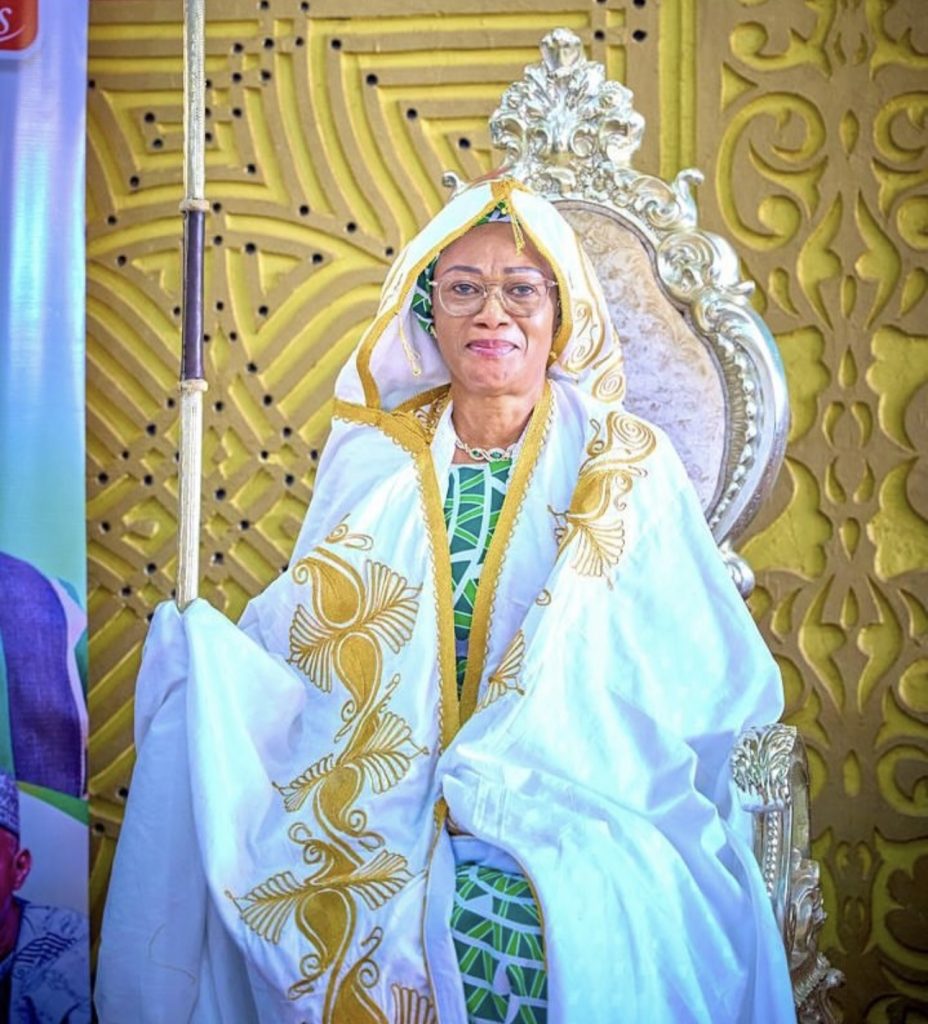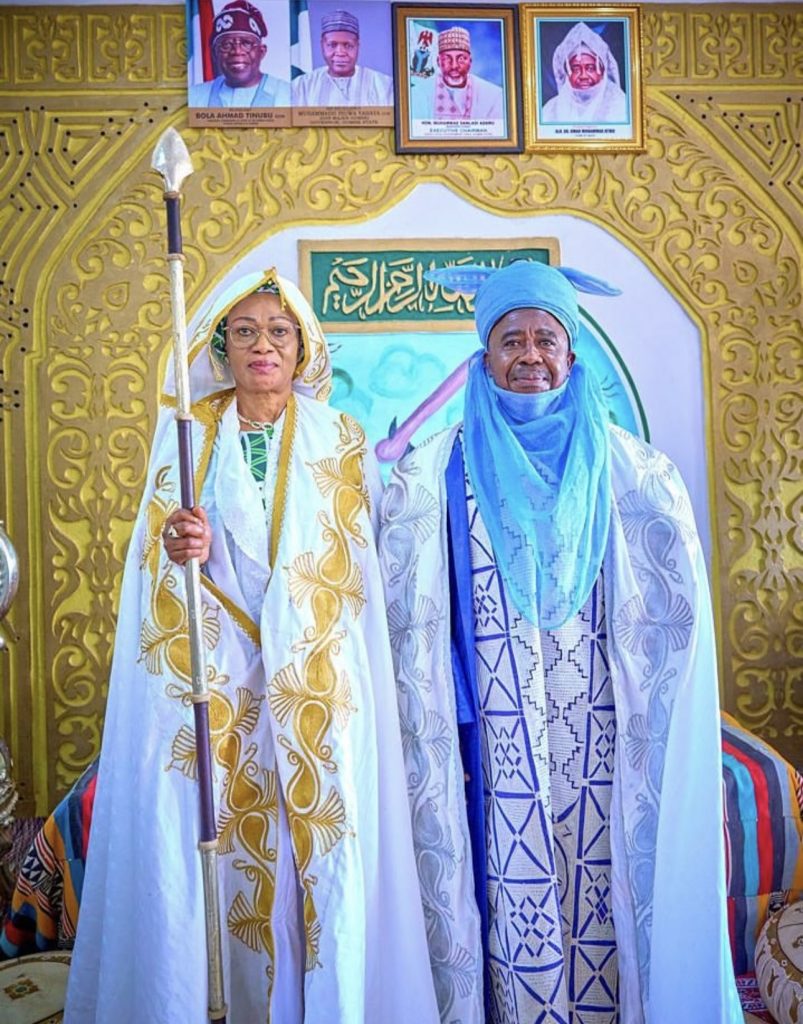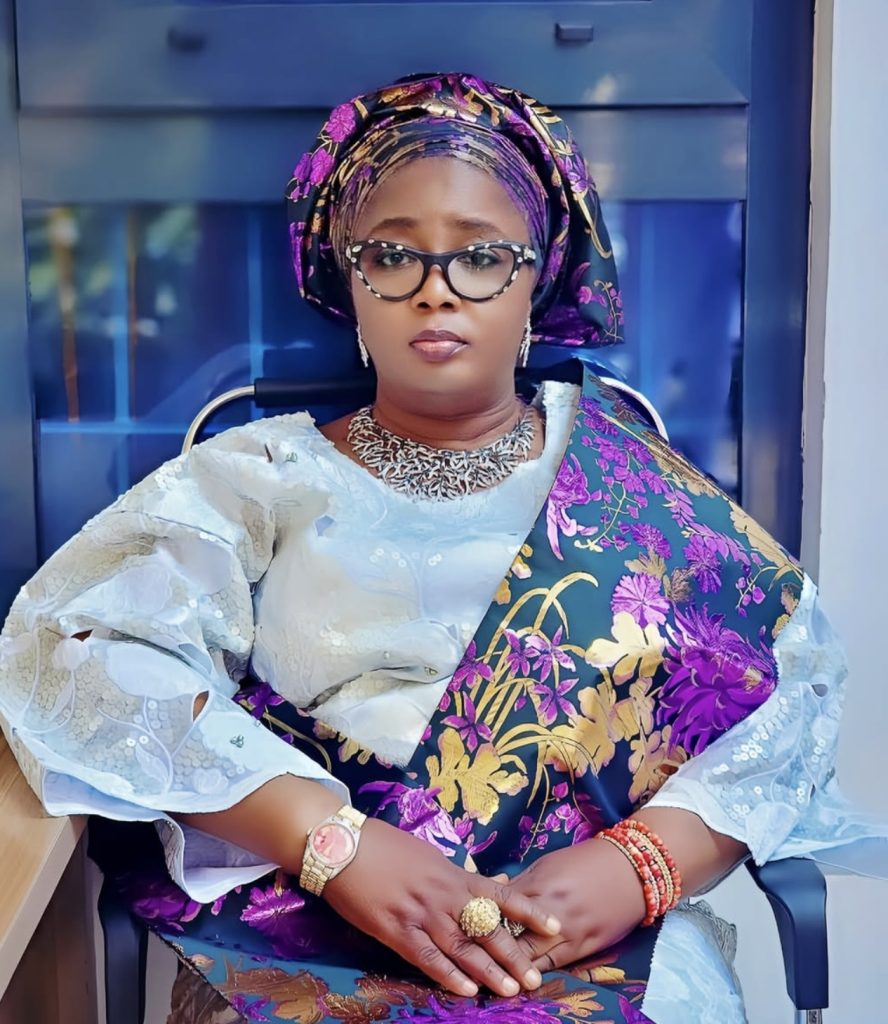
The earliest example of personal rule gone awry in the world was given in the biblical account of Eli, the prophet. Personal rule has become prevalent in Africa and other Third World countries. In the account, Eli was High Priest and Judge of Israel in the city of Shiloh. Kind-hearted to the troubled and oppressed, the prophet’s renown for kindness became weightier in the narrative of his comforting words to Hannah, one of the hitherto barren wives of Elkanah. When Hannah eventually gave birth to a son named Samuel, Eli extended his affable disposition to Samuel’s upbringing at the tabernacle. Powerful man of God that he was, Eli was however irredeemably lax in the upbringing of his two children, Hophni and Phinehas, who served as priests at the Tabernacle. The children were corrupt, wicked, greedy and morally bankrupt. They abused their father’s priestly office and authority at the sanctuary.
Hophni and Phinehas deployed their positions for personal gains and in the process, were embroiled in acts of adultery with women who served in the sanctuary. Again, whenever sacrificial offerings of meat were being offered to God, even before the fat was burned, Eli’s sons stormed the venue, forcefully appropriating the best portions of the meats for themselves. In Israel of the time, this was a profound contempt for God’s law and a grave sin. Eli’s rebuke of his sons was tepid and weak. In His wrath against this selfish use of personal rule, God’s judgment on Eli was fierce. Hophni and Phinehas were both killed in battle. When he heard the news, Eli fell headlong from his chair and died. Worse still, his lineage was forever de-linked from priestly reign.
Léopold Sédar Senghor, Senegal’s first president from 1960 to 1980, co-founder of the Negritude movement, poet and cultural theorist, gave an apt definition of personal rule. According to him, it “is not… the art of governing the State for the public welfare in the general framework of laws and regulations. It is (a) question of politician politics: the struggle… to place well oneself, one’s relatives, and one’s clients in the cursus honorum, that is, the race for (benefits)”.
Personal rule, otherwise known as presidential monarchy, is a plague in Africa. It is another variant of despotism. It operates where institutions are replaced with persons and systems with individuals. Arising from another plague called the Big Man syndrome, the state is ruled by a strong man who informally distributes offices to friends, relatives and associates, according to the dictates of his whims. The state is then informally captured by patronage and a distribution networks of spoils of office. Individuals who are not formally recognized take over the formal functions of the state. What we then have is widespread corruption, impunity and abuse. This leads to the atrophy of public institutions, thus severely limiting the ability of public officials to make policies in the general interest of the people.
In Nigeria’s 65 years of self-rule, either under military or civilian, personal rule has been very prevalent. In it, government is run like a monarchy or, in the lingo of lawyers, as chattels personal. Personal rule has little or no demarcation of private and public domains, or even purses. Apart from giving official responsibilities to cronies and family members, being relative of the Big Man opens doors, vaults and commands attention.
The first publicly known instance of the familial brand of personal rule in Nigeria was under General Sani Abacha. Before him, little was known in the interface of the families of military despot leaders and the public. For instance, little was known about the excesses of families of Yakubu Gowon, Murtala Muhammed, Olusegun Obasanjo, Shehu Shagari or even Ibrahim Babangida. Under Abacha, however, familial impunity reigned. It came in the form of usage of Nigeria’s presidential aircraft by children of the military leader. On January 17, 1996, for instance, Ibrahim, son of the late despot, was on a jolly ride in the Nigerian Air Force presidential Falcon jet. He was headed to a party and private family engagement in Kano. Lagos being his departure, he was flying with 14 other friends, including his Yoruba girlfriend, Funmi; Bello, younger brother of Aliko Dangote and a wealthy young man called Dan Princewill. The jet was almost landing in Kano when it mysteriously exploded mid-air, swallowing all and their dreams.
Obasanjo was particularly loath to this deployment of public assets for personal use. So also were there no public examples of such deployment during Umaru Yar’Adua and Goodluck Jonathan’s time in office. Perhaps taking a cue from their parents’ personal rule disposition, children of successive Nigerian presidents have made this a pastime. Deploying public asset and office for private advantage resurfaced in 2020. Late President Muhammadu Buhari’s daughter, Hanan, flew the presidential jet on a private photography trip to Bauchi State. By convention, only the president of Nigeria, the First Lady, Vice-President, Senate President, Speaker of the House of Representatives, Chief Justice of Nigeria, ex-presidents and a presidential delegation are authorized to use the presidential jet. The convention does not grant the president any powers to transfer his right of usage of the presidential jet to any of his children.
Hanan had then recently graduated with a first-class in photography from Ravensbourne University, London. She was in Bauchi on the invitation of the Emir, Rilwanu Adamu, as special guest of honour. Photographs, which Nigerians considered presidential obscenities, showed Hanan disembarking from the presidential aircraft and being welcomed by Bauchi State government officials. The Buhari government justified Hanan’s action. Presidential spokesman, Garba Shehu, said the shameful act received the blessing of Buhari. Shehu turned logic and protocol on their head to accommodate this perverse usage of a common wealth.
Following in these footsteps, in October 2023, First Son, Seyi Tinubu, flew the presidential aircraft to attend polo games in Kano State. Before him, children, spouses of Nigerian leaders and top government officials who should have no business with the aircraft, had become forerunners of this aberration. This provoked the question: is this an endemic problem that should bother us as a people, or it is a mere frivolity that we have allowed to detain us overtime? Why do Nigerian public officials always fail to see the divide between the public and the private?
Of particular interest has been the two children of the current Nigerian president, Seyi and Folasade Tinubu-Ojo. In a May 4, 2025 piece I entitled Tinubu’s Ajantala son, I articulated how, if indeed all those democratic flowery words ascribed to the Nigerian president are not cosmetic, Seyi Tinubu must be a pain in the neck of his father, as he is to responsible parenting. I wrote, “In Nigeria’s history, I am not aware of any president’s child who has threatened public peace, public decency and the public space as Seyi. His name has come out in every socially distasteful national issue.” I also wrote further: “You will recollect that this same young man was one who, but for his father’s peremptory scold, would probably have been attending Executive Council meetings with ministers. Seyi has no precis in illicit behaviour, so much that he outperforms himself in irresponsible public acts. He is reputed to have nominated ministers and behaves in socially anomalous manner that baffles… He causes so much stir with his long convoys of glittering automobiles and is chaperoned to occasions by Nigerian security apparatuses.”
Around the time when he paid “official visits” to northern states early this year to donate billions of Naira to victims of Nigeria’s social malady, an allegation by the NANS President that Seyi ordered him tortured, beaten and his nude pictures taken for his voyeuristic pleasure took over the stratosphere. There are allegations that he will be put forth as the next governor of Lagos
The president’s daughter, Tinubu-Ojo, who christened herself ‘Iyaloja-General of Nigeria’ – whatever that means – is another sore thumb pointing at the evil of deploying personal rule for familial advantage. The eldest daughter of Nigeria’s president, from inception of her father’s presidency in 2023, Tinubu-Ojo has positioned herself as ‘godmother’ of Nigerian open-air markets. Immediately her father came into office, in a baffling manifestation of an inflated hubris, she was said to have updated her Twitter bio with the title, “First Daughter of the Federal Republic of Nigeria (FRN)”. She thereafter sent tongues wagging when a viral video of hers, with Nigerian flags flying behind her, positioned her as addressing what looked like a national broadcast. It was seen as pointing at a desire to appropriate all the perks from her father’s presidency.
Capitalizing on the low capacity to stick to rules that is Nigeria, Folasade catapulted herself from Lagos market headship where she made herself Iyaloja. That position was appropriated by her after the passage of Mama Abibatu Mogaji who occupied same position. After this, she then made herself the market godmother of the whole of Nigeria. She was apparently yielding to an earlier call for an Hobbesian flee after power by her father in that famous counsel, to “fight for it, grab it, snatch it and run with it.” Folasade has made a pastime of positioning her representatives in various markets across Nigeria. The ultimate aim, it is said, is to protect her personal financial interests. In a Nigeria where genuflection before public office is widespread and public officials are like god, the president’s daughter, with the panoply of power and wealth at her disposal, is dreaded and worshiped.
Edo State, it will seem, will prove a fatal limitation of this hubris. In 2024, Folasade was said to have begun an attempt to impose an “Iyaloja of Edo State markets” on the ancient city of Benin. Last Tuesday when she visited the palace of the Oba of Benin, Ewuare II, the president’s daughter however met her match in the impregnable culture of the Edo people. She must have assumed that, like other states, Edo palace bows before ineptitude dressed in the garment of political power. Either out of stiff-necked resistance or inability to mentally penetrate, appreciate and understand the ancient culture of the Benin, the president’s daughter had continued in her imposition gambit which seems to have become a familial trait. At the palace, she told Oba Ewuare 11 that a Pastor Josephine Ivbazebule would be her surrogate for all markets in Edo State.
After she was done talking, the palace taught her a lesson with words that were harmless on the surface but lacerating in deed. Not only was she taught that she couldn’t recreate her power drunkenness in Edo, she was told in plain terms that the cultural and historical foundations of market leadership in Edo State were far different from what obtains elsewhere in the country. Speaking through an interpreter as he does whenever he considers it demeaning to exchange verbal reply with a guest, Oba Ewuare told Folasade that in Benin culture, market leadership is not a political creation nor is it an external imposition. It is the product of tradition and which is under the suzerainty of the Oba of Benin.
If Nigeria’s No 1 citizen is not embarrassed by the activities of his children, parents all over the world are. The Yoruba, deploring this grotty descent in character of the First Family, say when an elephant trumpets, its child should not, too. They also counsel that, if one’s barn posts a bountiful yam harvest, a wise man would cover it from prying eyes. Apart from the raw power to browbeat and be kowtowed to, as well as illicit funds and majesty associated with being the president’s children, Nigerians will be glad to harvest what these ones’ parents planted inside their skulls for national benefit. Certainly not the cunning that produces quick wealth and unearned advantage. Folasade Tinubu-Ojo could have attracted more umbrage from the people of Edo State for her audacity if not for the decency of the palace. Let the little darts from the Bini palace remind the president’s daughter that it is the over-ripe orange that invites throwing of stones at the mother tree.



